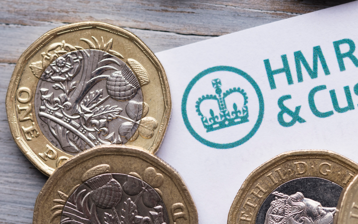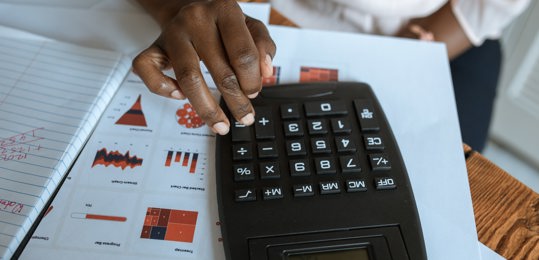It’s always been difficult to persuade HM Revenue & Customs (HMRC) that they owe you money rather than the other way around.
Back in the day, before HMRC improved its technology, you may have had to wait several weeks for a cheque. Eventually their systems were modernised in 2016 to enable direct repayments to individual and business bank accounts.
As well as speeding up delivery of the overpaid tax, this system and process change by HMRC helped taxpayers to avoid the hassle of having to find the time to bank a cheque; electronic repayments were eminently safer and not prone to being ‘lost in the post’ in the same way as a cheque.
However, in order to send an electronic repayment HMRC need to know the bank details of the recipient. Various company, business and personal tax returns contain a section in which details of a suitable bank account can be entered. Individuals who don’t make tax returns, like many umbrella employees, can use their Personal Tax Account to advise HMRC of the details of their account.
Once these details are held on HMRC systems, future tax refunds will be sent to that account. If a repayment is due but no bank details are held, HMRC will generate and post a cheque to the individual or business concerned.
However more than 1 in 10 cheques sent to taxpayers by HMRC have not been cashed! According to recent data made public, during the 5 -year period from 2015 – 2020, nearly 4 million cheques issued by HMRC have not been banked!
Some of these cheques may have been from earlier financial years — banks will usually only accept cheques that are less than six months old, but taxpayers can ask for older cheques to be reissued.
Contractors can end up overpaying tax even if they are taxed through the pay as you earn (PAYE) system, for example if they were given an emergency tax code after starting a new job or have an entitlement to further tax allowances for a year which weren’t given through their tax code.
HMRC’s Year End tax calculator will usually recognise that a refund is due because it carries out a reconciliation using information from employer or pension providers, as well as banks and building societies.
So, in order to avoid the risk of not receiving a tax refund due that may be due, at the earliest possible date, ensure HMRC have your up to date personal or business bank details on their system.




